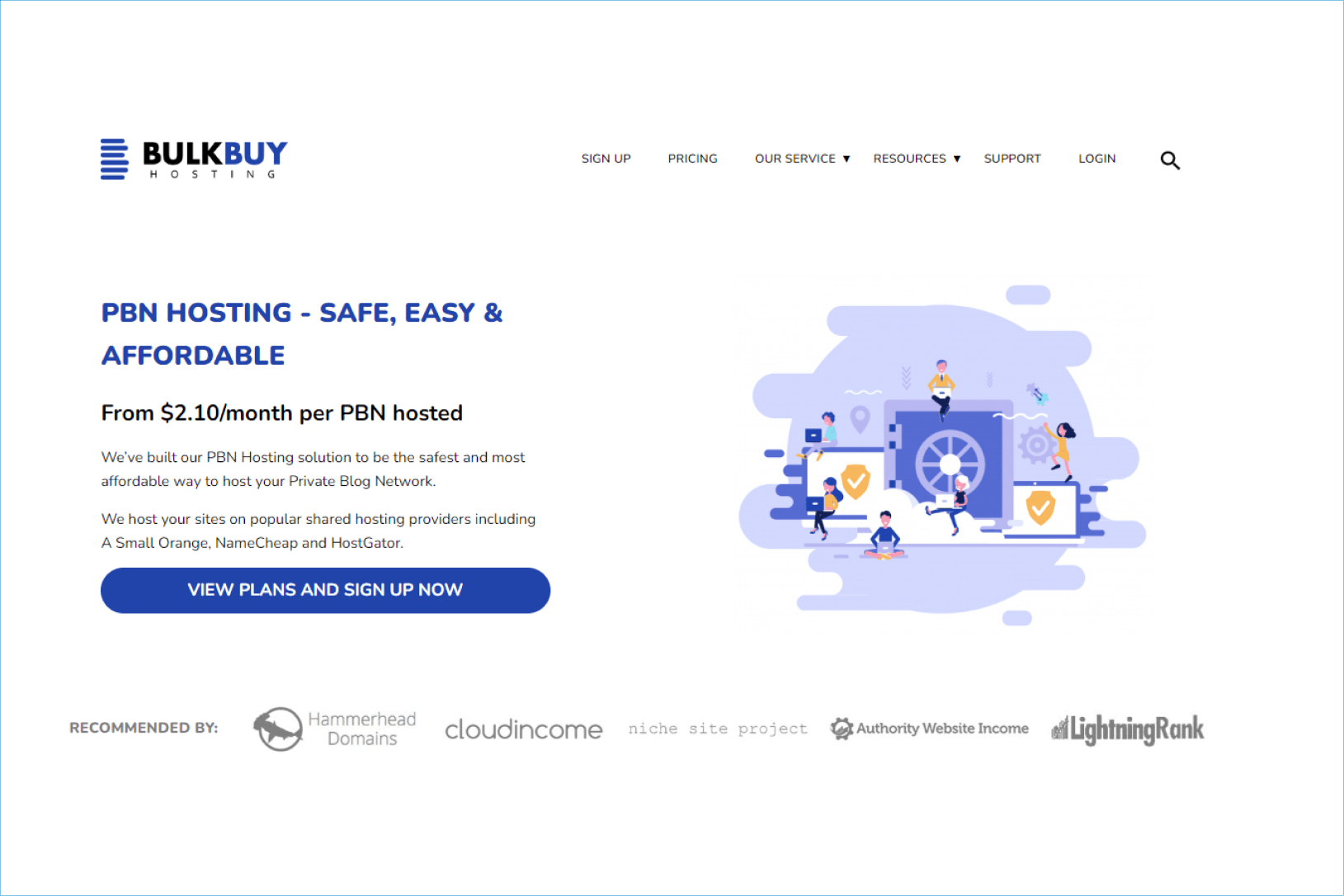
Mobile devices have become an integral part of our daily lives in today’s digital world. As more people spend significant time browsing on smartphones and tablets, businesses must adapt their SEO strategies to ensure they connect effectively with this mobile audience. Mobile SEO (Search Engine Optimization) plays a vital role in enhancing a website’s visibility, user experience, and overall online presence.
In this article, we delve into the essence of Mobile SEO, its best practices, and why it’s crucial for modern businesses.
Key Takeaways
- Mobile SEO is crucial due to the widespread use of smartphones and tablets for internet browsing. Businesses must optimize their websites to respond effectively to mobile users’ preferences and behaviors.
- With Google’s mobile-first indexing, your website’s mobile version plays a significant role in determining search engine rankings. Prioritizing mobile optimization improves your chances of ranking higher in search results.
- Mobile users expect fast-loading, easy-to-navigate websites. Optimizing for mobile enhances user experience, reduces bounce rates, and increases engagement and conversions.
- Mobile SEO requires specific strategies, such as simpler layouts, faster loading times, and mobile-friendly content. Understanding these differences helps craft effective mobile SEO strategies.
- To succeed in Mobile SEO, focus on improving site speed, using responsive design, creating mobile-friendly content, implementing structured data, targeting mobile-specific keywords, and monitoring competitors’ strategies.
What Is Mobile SEO?
Mobile SEO (Search Engine Optimization) is the practice of optimizing a website to rank higher in search engine result pages (SERPs) when accessed through mobile devices such as smartphones and tablets. It involves refining and enhancing a website’s visibility and performance in search engine results, particularly for mobile users.
Why is Mobile Optimization so Important?
Mobile optimization is important for several reasons:
- Mobile Dominance: With most internet users accessing the web through mobile devices, optimizing for mobile ensures that your website is visible and accessible to the largest audience possible.
- Google’s Mobile-First Indexing: Google’s mobile-first indexing means that the search engine primarily uses a website’s mobile version for ranking and indexing. This highlights the importance of having a mobile-friendly site, as websites optimized for mobile are more likely to rank higher in search engine results.
- Improved User Experience: Mobile SEO enhances user experience by ensuring websites are responsive, fast-loading, and easy to navigate on smaller screens. This leads to higher engagement, longer visit durations, and a lower bounce rate, which are essential for SEO success. (I recommend this article: How User Experience Affects SEO)
- Local Search and Mobile SEO: Mobile SEO plays a significant role in local search, as people often use their smartphones to find local businesses and services on the go. By implementing local SEO strategies, businesses can be easily found by potential customers in their vicinity.
- Staying Ahead of the Competition: If competitors have already invested in mobile SEO and you haven’t, they are likely to attract more mobile users and potentially steal customers from you. To stay competitive, embracing mobile SEO and leveraging its benefits is crucial.
- Mobile E-Commerce Growth: The rise of mobile e-commerce has been exponential in recent years, and optimizing e-commerce websites for mobile users can tap into a vast market of potential buyers, increasing the chances of driving sales.
- Voice Search Optimization: As voice search technology advances, optimizing websites for mobile users becomes even more critical. Voice search queries are often phrased differently than typed searches, and mobile SEO ensures that content is structured to answer voice-based questions effectively.
- Mobile App Optimization: Mobile SEO becomes even more vital if a business has a mobile app. Optimizing app store listings and ensuring visibility in relevant app store search results can significantly boost app performance.
- Social Media Engagement: A mobile-friendly website makes sharing content on social media easier, increasing its reach and potential virality.
- Google’s Mobile Page Speed Update: Google considers page speed to be a ranking factor, and this is particularly true for mobile devices. Slow-loading websites frustrate users and often lead to high bounce rates. Mobile SEO focuses on optimizing page speed to provide a seamless experience for mobile users.
- Mobile-Only Features: Certain features and functionalities are exclusive to mobile devices, such as click-to-call and location-based services. Implementing these features on mobile-optimized websites can enhance user engagement and drive more conversions.
- Brand Credibility and Trust: A well-optimized mobile website carries professionalism and brand credibility. Users are more likely to trust a website that looks and functions flawlessly on their mobile devices, increasing the likelihood of them converting into loyal customers.
- Mobile Advertising Benefits: Mobile SEO impacts organic traffic and enhances the effectiveness of mobile advertising campaigns. Paid advertising efforts can yield better results by driving more traffic to mobile-friendly websites.
- Adapting to Future Trends: As technology continues to evolve, so will how people access the internet. By investing in mobile SEO now, businesses future-proof their online presence and ensure their websites remain relevant and accessible to users, regardless of how they choose to browse the web.
How to Improve Mobile SEO
Improving Mobile SEO involves implementing various strategies to enhance the visibility, user experience, and performance of your website on mobile devices.
Here are key steps to improve Mobile SEO effectively:
- Responsive Design: Implement a responsive design that adapts to different screen sizes and resolutions, ensuring a seamless user experience across various devices.
- Page Speed: Optimize page speed by minifying code, leveraging browser caching, and reducing redirects to ensure fast load times.
- Mobile-Friendly Content: Create concise, easily readable content that is well-structured and prioritizes important information for mobile users. (read this article to learn how to create a successful SEO content strategy)
- Clear Call-to-Action (CTA): Ensure that CTAs are prominently displayed and easily clickable on mobile devices, facilitating user engagement and conversions.
- Optimized Images and Videos: Compress and optimize images and videos to improve load times without compromising quality, considering the constraints of mobile data networks.
- Mobile Sitemaps: Create and submit a mobile sitemap to search engines to facilitate the indexing of mobile content and improve search visibility.
- Local SEO Optimization: Optimize for local search by including location-based keywords, ensuring accurate business information on online directories, and leveraging Google My Business.
- Mobile-Friendly URLs: Use clear, concise, and easily readable URLs that are user-friendly and compatible with mobile devices.
- User Experience (UX): Prioritize a positive user experience by optimizing navigation, ensuring intuitive interfaces, and creating touch-friendly designs.
- Avoid Intrusive Interstitials: Minimize the use of pop-ups and interstitials that can obstruct content and negatively impact the user experience on mobile devices.
- Test Across Devices and Browsers: Regularly test your website across various mobile devices and browsers to ensure consistent performance and display.
- Voice Search Optimization: Optimize content for voice search by focusing on natural language and conversational queries and providing direct, concise answers.
- Implement App Indexing: If applicable, implement app indexing to allow search engines to index and display content from your mobile app in search results.
- Regularly Monitor Analytics: Use mobile-specific analytics tools to monitor user behavior, identify areas for improvement, and stay informed about the performance of your mobile site.
- Security Measures: Prioritize the security of your mobile site to build user trust and maintain the integrity of your website.
- Stay Informed about Updates: Keep abreast of mobile SEO trends, algorithm updates, and best practices to adapt your strategy as needed.
Conclusion
In conclusion, mobile SEO is not an option; it is a necessity for any business looking to thrive in the digital age. With the increasing dominance of mobile users, the growing significance of local search, and Google’s mobile-first indexing, optimizing for mobile is crucial for enhancing user experience, staying ahead of the competition, and driving conversions.














































































